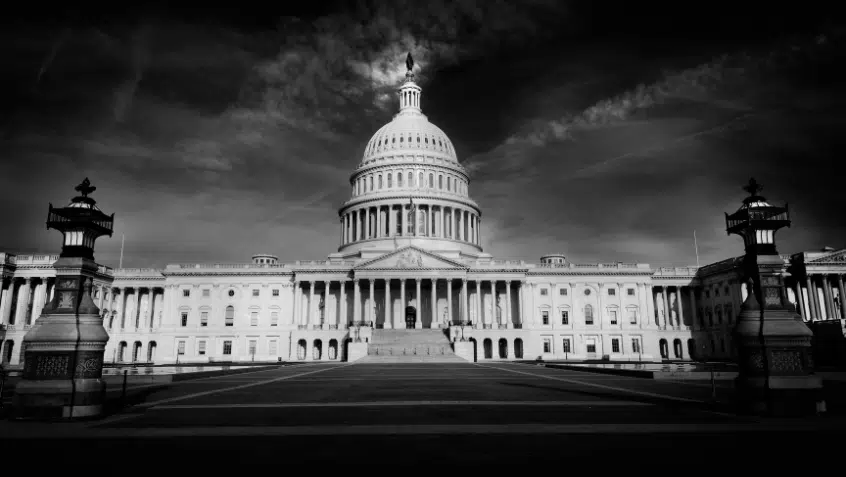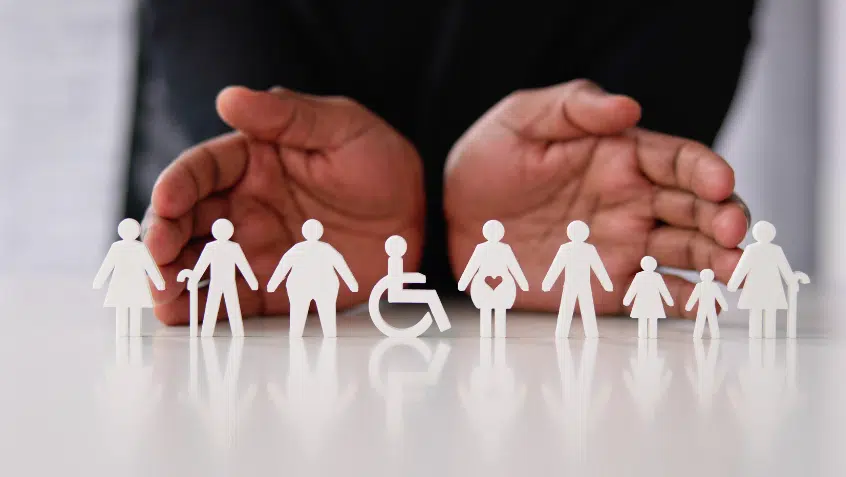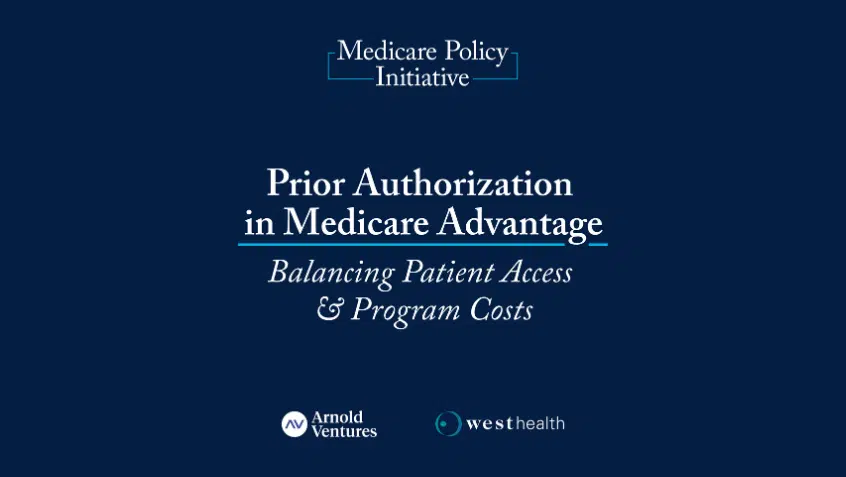Medicaid Coverage Is Vital for Many People With Disabilities and Direct Care Workers

In a disappointing vote Tuesday, Republicans in Congress have decided to move forward with plans to cut Medicaid. As we have highlighted in recent weeks, these efforts would wreak havoc on everyone enrolled in Medicaid for their health insurance coverage, including millions of people also on Medicare and the direct care workers who help them live safely in their homes, communities, and nursing homes.
The Role of Medicaid for People with Disabilities
To advance understanding about Medicaid’s role, KFF has released a series of issue briefs that identify key facts about Medicaid for given populations, including older adults, people with mental illness, and immigrants. In their disability brief, KFF notes that 35% of people with disabilities—15 million people—get their health insurance coverage from Medicaid. Around 22% of people enrolled in Medicaid have disabilities, and the number leaps to 53% for people 65 and over.
Importantly, Medicaid—not Medicare—is the primary payer of long-term care in America.
Many enrollees with disabilities use or could benefit from long-term care. Importantly, Medicaid—not Medicare—is the primary payer of long-term care in America. In 2022, Medicaid paid for 61% of all long-term care in the US. Medicaid cuts could severely curtail such care as states would not be able to maintain current levels of support on their own, leaving people to go without care or be forced out of their homes and into institutional settings. This would cause untold harm to people with disabilities, their families, and their communities.
Direct Care Workers at Risk
A new resource from PHI explores how cuts would harm both the people receiving care and the direct care workers who provide it. These workers are significantly underpaid and 37% live in poverty. In addition to Medicaid being fundamental to their jobs, nearly one-third rely on the program for their own insurance coverage. Cuts to Medicaid would therefore jeopardize both their employment and their health care access. The fallout could be systemic. Reduced federal Medicaid funding may lead states to reduce already low wages for direct care workers, causing some to leave the field entirely. This would compound a dire shortage in the direct care workforce and put people with disabilities, and older adults, at grave risk of harm.
Cuts to Medicaid would therefore jeopardize both their employment and their health care access.
Take Action to Protect Medicaid
As Congress contemplates next steps on budget reconciliation, we need to send a clear message: Don’t cut Medicaid! Join Medicare Rights and advocates across the country today.
- Use this call-in line (provided by SEIU) to reach your lawmakers: 866-426-2631.
- Tell them to oppose any Medicaid cuts. Whether it’s work requirements, eligibility changes, or reduced funding, a cut is a cut.
- A cut to Medicaid is a cut to Medicare. The programs work together to provide the services and supports people need.
- And the outcome from any cut is the same: older adults, people with disabilities, and their caregivers would lose access to needed health and long-term care.
- Medicaid is a lifeline for over 7 million older adults and 12 million people with Medicare. Slashing the program would cause serious and lasting harm.
- Be sure to personalize your message! View this map to learn what percentage of people in your Congressional district rely on Medicaid and share that number with your lawmakers.
Further Reading
Read more about recent Congressional action to cut Medicaid.
The Latest
Most Read
Add Medicare to Your Inbox
Sign up to receive Medicare news, policy developments, and other useful updates from the Medicare Rights.
View this profile on InstagramMedicare Rights Center (@medicarerights) • Instagram photos and videos








